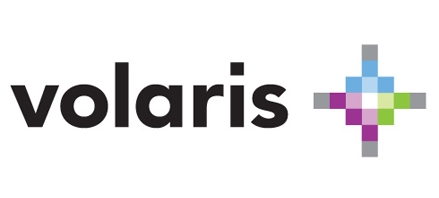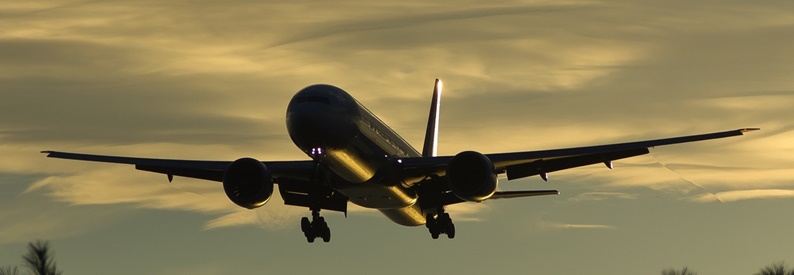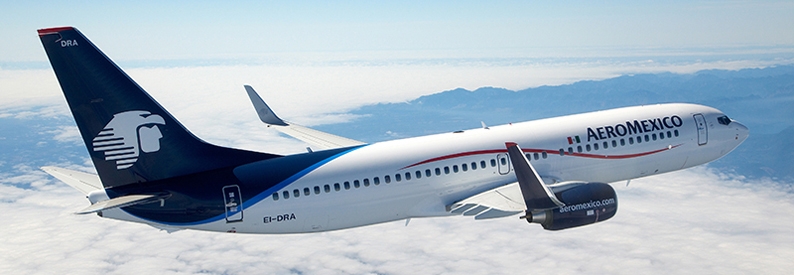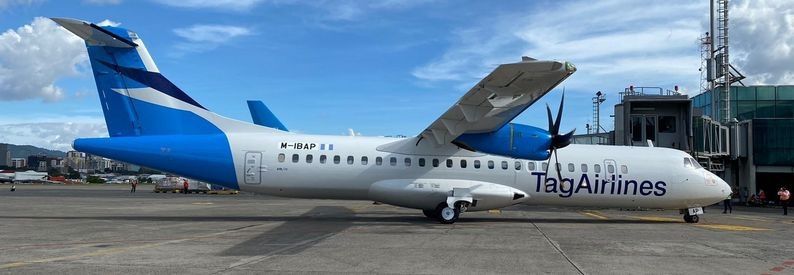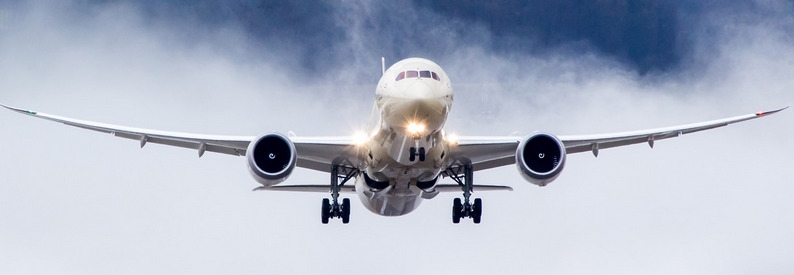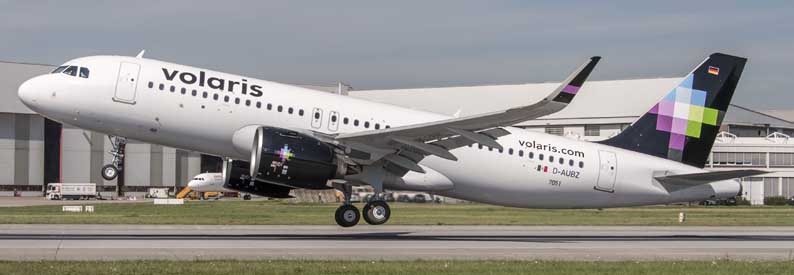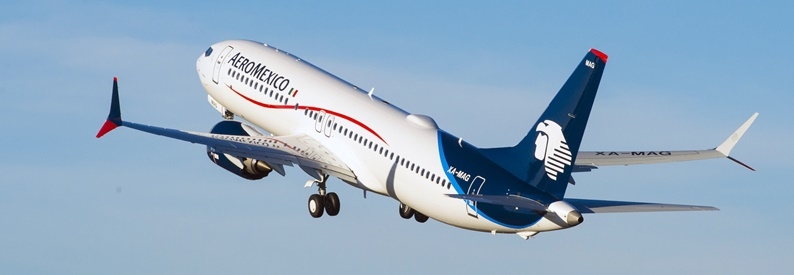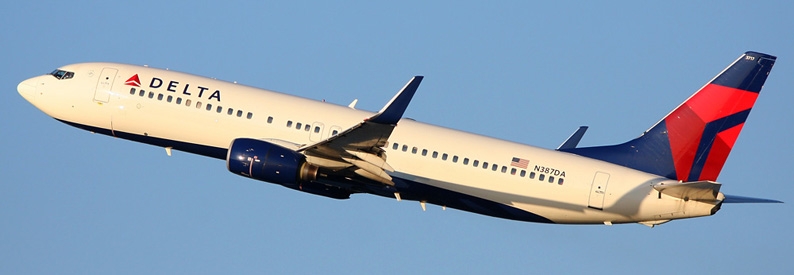Volaris (Y4, México City International) has objected to the proposed immunised joint venture between rival low-cost carriers VivaAerobus (Monterrey Mariano Escobedo) and Allegiant Air (G4, Las Vegas Harry Reid) on grounds ranging from Mexico's regulatory volatility and slot policy to the spuriousness of the proposed alliance's antitrust immunity (ATI).
In a wide-ranging answer to the US Department of Transportation, the Indigo Partners-backed LCC stressed that Mexico's current aviation policy developments rendered a meaningful competitive analysis of the merger impossible. Volaris highlighted that the Mexican government is actively promoting México City Felipe Angeles while simultaneously restricting capacity at México City International.
"[These developments] throw into sharp question the openness of the market and ability of parties such as Volaris to compete on fair and non-discriminatory terms, a predicate to the grant of ATI," Volaris said.
The LCC alleged that the capacity restrictions at México City Int'l were not applied even-handedly, and that it was forced to cut its capacity more than its competitors, losing 1,610 slots between April 2022 and January 2023. The airline blamed these changes for the suspension of services to Ontario International, Fresno Yosemite, and San José, US, while also stressing that Felipe Ángeles was not a viable alternative due to its distance from the city and poor connections. These developments mean, in Volaris's opinion, that the DOT would not be able to fairly assess the competitive landscape in Mexico and that any assessment would be further complicated by Mexico's downgrading to IASA Category 2, which bans the opening of any new routes to the US.
Volaris further claimed that the proposed VivaAerobus and Allegiant Air merger does not even need an ATI to be implemented.
"At present, Allegiant does not serve any international market and does not compete with Viva in any relevant city pair. The carriers assert that they both compete for US-Mexico charter business, and that they therefore require ATI. Under settled DOT precedent, the Department historically has required carriers to demonstrate concrete and material risk of antitrust liability in order to qualify for a grant of ATI, and that their arrangements would not proceed in the absence of such immunity. Beyond their bare assertions, the carriers have made no such showing," Volaris said.
The LCC stressed that the only existing immunised US-Mexican JV - between Delta Air Lines and Aeroméxico - was up for review and received its ATI only for five years, partially due to concerns about the competitive landscape in Mexico. In turn, Volaris itself has a long-standing code-share agreement with fellow Indigo Partners-backed carrier Frontier Airlines (F9, Denver International) without ATI, demonstrating that such a cooperation did not require immunisation.
The airline stressed that Allegiant's decision to focus on the US market exclusively until now was not caused by regulation but rather by the airline's commercial choices. Volaris added that it would not substantively comment on the benefits of the alliance claimed by Viva and Allegiant Air, as its objection was predicated on more fundamental issues.
"Volaris respectfully submits that the Department should deny the Joint Application, or, at a minimum, defer consideration of this Application until such time as: (1) Mexico is restored to Category 1 status under the IASA program; (2) the Department completes a detailed review of market access in Mexico City and the wider market as a whole, and (3) the Joint Applicants show some form of progress concerning their future commercial integration beyond their bare and unsubstantiated assertions that they need ATI," the airline said.
VivaAerobus and Allegiant Air responded to the objection by squarely dismissing Volaris's concerns. The two LCCs said their rival failed to demonstrate that their alliance would reduce competition, which is at the core of the ATI analysis.
"Volaris focuses on issues peripheral to the competitive analysis, and even there, misses the mark. Contrary to Volaris' assertions, (1) the parties are prepared to implement the proposed joint venture and ATI need not be delayed for commercial or International Aviation Safety Assessment (IASA) regulatory reasons, (2) ATI is necessary because the parties face real risk of antitrust liability if they were to coordinate in its absence, and (3) a detailed review of market access at México City International Airport (MEX) is unnecessary where, as here, the transaction does not consolidate any existing assets at MEX and instead increases competition," the two airlines said.
The VivaAerobus/Allegiant Air JV has already been okayed by the Mexican competition authority. In a recent interview with ch-aviation, VivaAerobus's chief executive, Juan Carlos Zuazua, stressed that the partnership would launch as soon as it was approved in the US, even if code-sharing and new route launches would have to wait until Mexico returns to Category 1.
- Type
- Base
- Aircraft
- Destinations
- Routes
- Daily Flights
